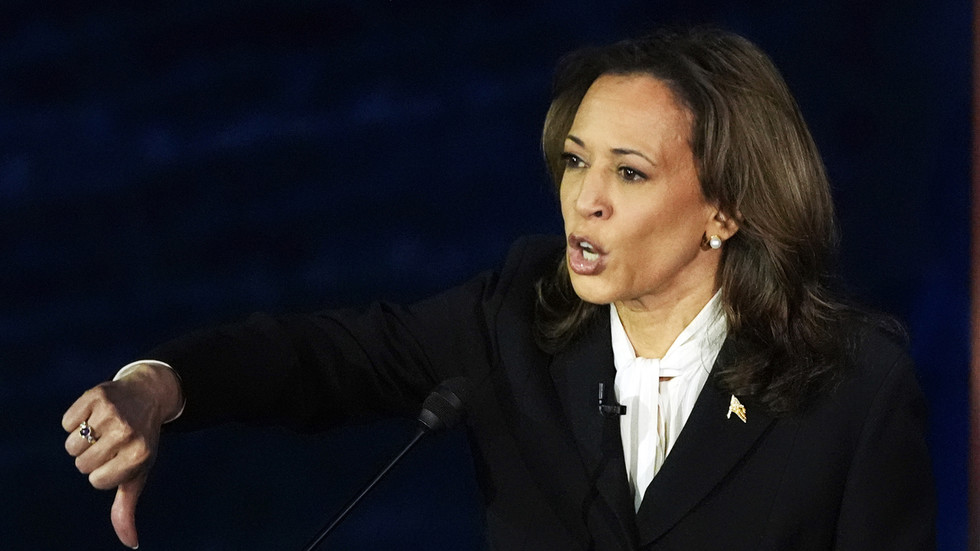In a significant turn within the narrative of the ongoing election campaign for the U.S. presidency, Democratic candidate Kamala Harris has made a bold move by publicly releasing a letter from her physician discussing her health status. According to Dr. Joshua Simmons, Harris, aged 59, is in “excellent” physical and mental condition, possessing the required resilience to fulfill presidential duties. The two-page report also mentions her manageable medical history, which includes seasonal allergies and urticaria, alongside her commitment to maintaining a healthy lifestyle through regular exercise and moderated alcohol consumption. Following the letter’s release, Harris seized the opportunity to question the transparency of her Republican rival, Donald Trump, insinuating that he may be concealing information regarding his health.
Harris’s assertion about Trump’s lack of transparency comes from a broader context of public scrutiny surrounding the health of candidates. She highlighted that throughout the current election cycle, she is among the few candidates who have disclosed comprehensive medical records, suggesting that Trump’s refusal to share such information raises questions about his fitness for office. In her remarks to reporters, she reinforced her stance, pointing out that the public deserves insights into the health of their potential president, emphasizing a lack of willingness on Trump’s part to be open about his status. This strategic move aims to contrast her transparency with Trump’s perceived opacity, thereby using health narratives as a critical campaign tool.
In response, Trump’s campaign has countered Harris’s claims, insisting that he has provided updates about his health over the years through his personal physician. Spokesperson Steven Cheung conveyed that Trump has consistently maintained that he is in “perfect and excellent health.” Notably, in November 2023, Trump had released a letter assuring the public of his well-being, which indicated that his cognitive tests were excellent and that his health evaluations were favorable. This response reflects a strategic line of defense aimed at reassuring voters of his capability to undertake presidential responsibilities despite any criticisms surrounding his health.
Trump’s health narrative is further complicated by comparisons with President Joe Biden, whose age and mental fitness have been subjects of intense debate. Biden, at 81, has faced repetitive challenges regarding his mental acuity, especially following a that raised eyebrows during a June debate. While Democrats initially downplayed concerns about Biden’s age, the mounting criticisms became more pronounced after his visible struggles during public appearances. As the oldest president in U.S. history, Biden’s capabilities came under increased scrutiny, thus opening a dialogue about the health and fitness levels of candidates as a determining factor in electoral success.
With Harris now firmly positioned as the Democratic candidate, the scrutiny that once focused on Biden has shifted toward Trump. Her campaign supporters have adopted similar arguments, drawing attention to Trump’s age—he is currently 78—while emphasizing the implications this may have for his ability to lead. This tactic serves as a way to capitalize on the concerns about health that voters have displayed throughout the campaign, potentially swaying opinions by creating an urgent narrative surrounding the candidates’ capabilities.
Ultimately, the ongoing health discourse highlights a critical facet of political campaigning, particularly as age and transparency become pivotal issues for voters. As both Harris and Trump navigate their respective health narratives, the contrast between their openness and assertions may shape public perception leading up to the election. In an era where the physical and mental well-being of leaders is increasingly evaluated, the outcomes of such discussions could significantly impact voter trust and candidate viability in the upcoming election. The ongoing importance of transparency in health matters underscores a broader commitment to ensuring that leaders are not only fit for duty but also seen as accountable and open to the electorate.

